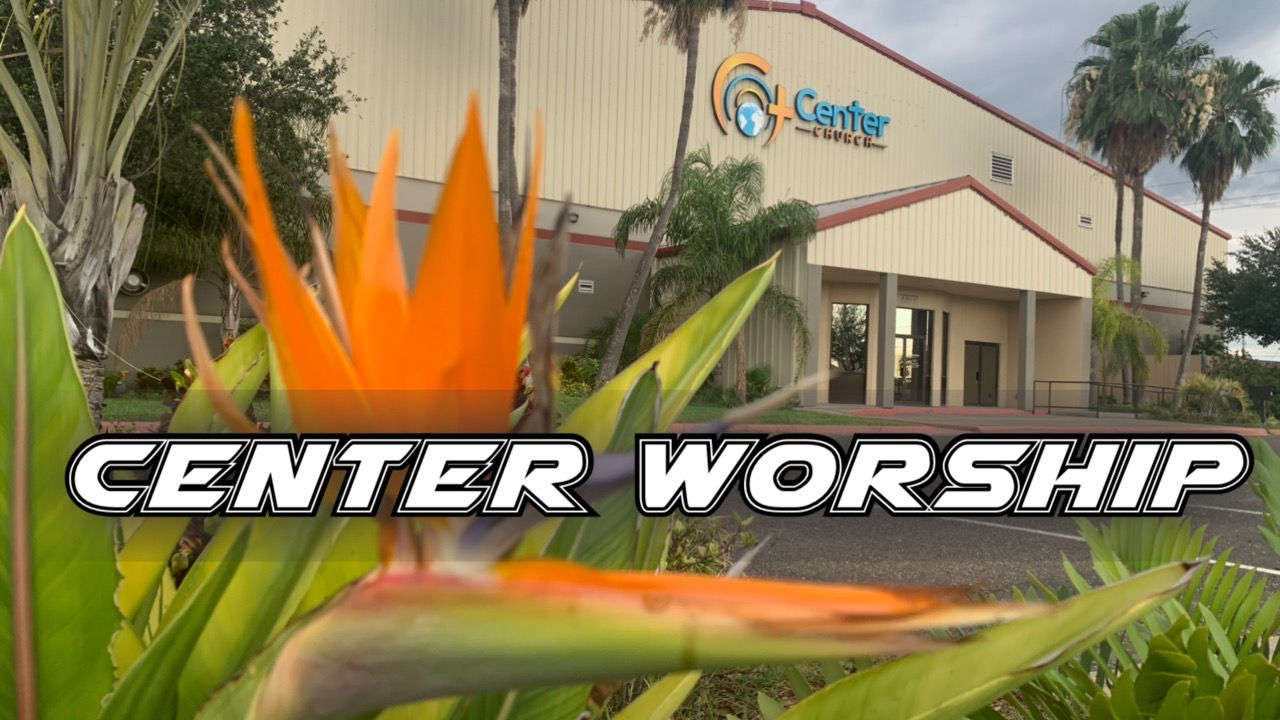The Role of Commerce in Supporting Modern Ministry: Insights from Scripture
- Pastor Clark

- Mar 12, 2025
- 3 min read
In Mark 11:15-18, we encounter a pivotal moment in Jesus’ ministry as He enters the temple in Jerusalem and confronts the commercialization that has taken root within its sacred walls.
“So they came to Jerusalem. Then Jesus went into the temple and began to drive out those who bought and sold in the temple, and overturned the tables of the money changers and the seats of those who sold doves. And He would not allow anyone to carry wares through the temple. Then He taught, saying to them, “Is it not written, ‘My house shall be called a house of prayer for all nations’? But you have made it a ‘den of thieves.’ ” And the scribes and chief priests heard it and sought how they might destroy Him; for they feared Him, because all the people were astonished at His teaching.”
Mark 11:15-18 NKJV
This passage reveals Jesus’ deep concern for the sanctity of the temple as a house of prayer, condemning the buying and selling that had led to exploitation and corruption among worshipers. He declared, “Is it not written: ‘My house will be called a house of prayer for all nations’? But you have made it a den of robbers.”
This scripture serves as a powerful reminder of the importance of maintaining the integrity of worship and the sacredness of church spaces. However, it also raises pertinent questions about the role of commerce within the modern church. Can contemporary churches engage in commerce to support their ministries? What does the Bible say about this?
Understanding the Commerce of Jesus’ Time
In the first-century context, the commerce occurring in the temple was centered around the sacrificial system that required worshipers to purchase animals for offerings. While this was necessary for the religious practices of the time, it had become corrupted, with merchants exploiting the faithful. Jesus’ actions were not merely a rejection of commerce but a condemnation of the exploitation and spiritual degradation it had caused.
Modern Church Activities: A Different Context
In contrast, modern churches often engage in various forms of commerce as a means of fundraising and community engagement. Activities such as selling chicken plates, merchandise like shirts, coffee, and other items are common and can serve to support church operations, outreach programs, and community services. The intent behind these activities is typically to foster fellowship, raise funds for ministry, and engage the community positively.
Distinguishing Factors
1. Intent and Purpose: The intent behind commerce today differs significantly from that of the temple merchants. Modern church activities aim to support ministry and outreach rather than exploit worshipers.
2. Nature of Products: The products sold in churches often serve to foster community engagement rather than being essential for worship practices. They aim to build relationships within the church community.
3. Community Engagement: Fundraising activities often create opportunities for fellowship and outreach, contrasting with the transactional nature of commerce in the temple, which lacked relational engagement.
Biblical Support for Commerce in Ministry
Several scriptures affirm the approval and purpose of the modern church to engage in commerce for ministry support:
1. 1 Timothy 5:17-18: This passage emphasizes compensating church leaders for their work, highlighting the need for financial support that can be generated through various activities.
2. 2 Corinthians 9:6-8: This scripture encourages generous giving, which can be facilitated through church fundraising efforts, emphasizing the importance of cheerful giving.
3. Acts 2:44-47: The early church demonstrated a model of communal support and resource sharing, suggesting that commerce can be a means to meet community needs.
4. Philippians 4:15-19: This passage illustrates how support from the church enables ministry work, indicating that fundraising and commerce can be integral to fulfilling the church’s mission.
5. Proverbs 14:23: Highlighting the value of hard work, this verse supports the idea of diligent fundraising and commercial activities to sustain church efforts.
6. Matthew 25:35-40: Engaging in commerce to support outreach aligns with the call to serve and care for others, fulfilling the mission of the church.
Conclusion: A Balanced Approach
While the scripture in Mark 11:15-18 serves as a warning against the exploitation of sacred spaces for profit, it does not inherently prohibit modern churches from engaging in commerce. When done with the right intentions and for the purpose of supporting the church’s mission, fundraising activities can be a valuable part of a church’s outreach and community life.
By grounding our activities in biblical principles and maintaining a focus on our mission to serve and uplift our community, we can ensure that our engagement in commerce enhances rather than detracts from our worship. Let us embrace the opportunity to support our ministry through creative and ethical means, fostering a spirit of generosity and community engagement. Together, we can build a vibrant church community that honors God while effectively serving those around us.









Comments